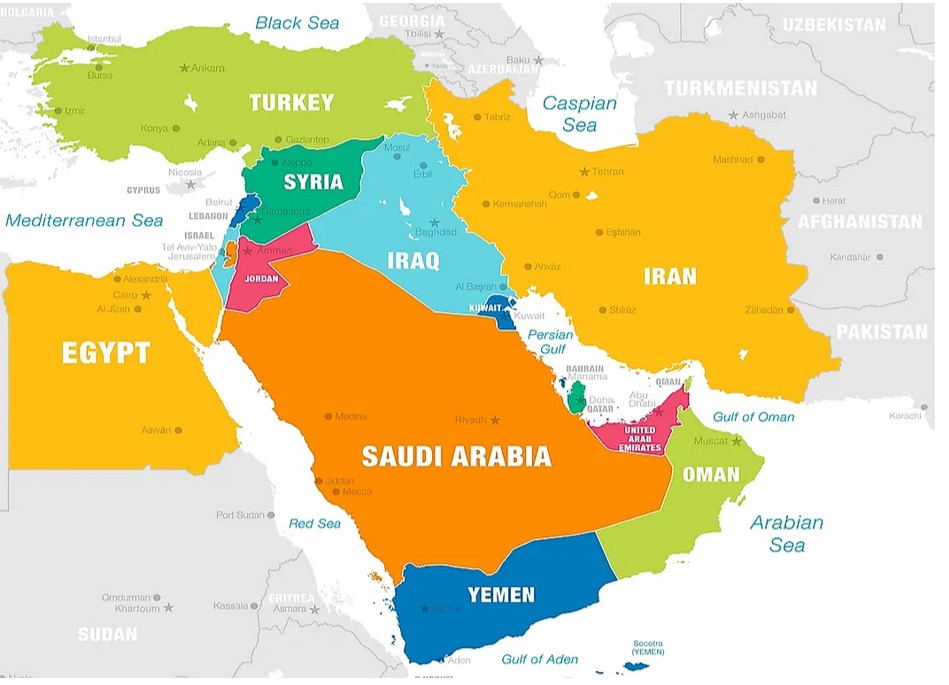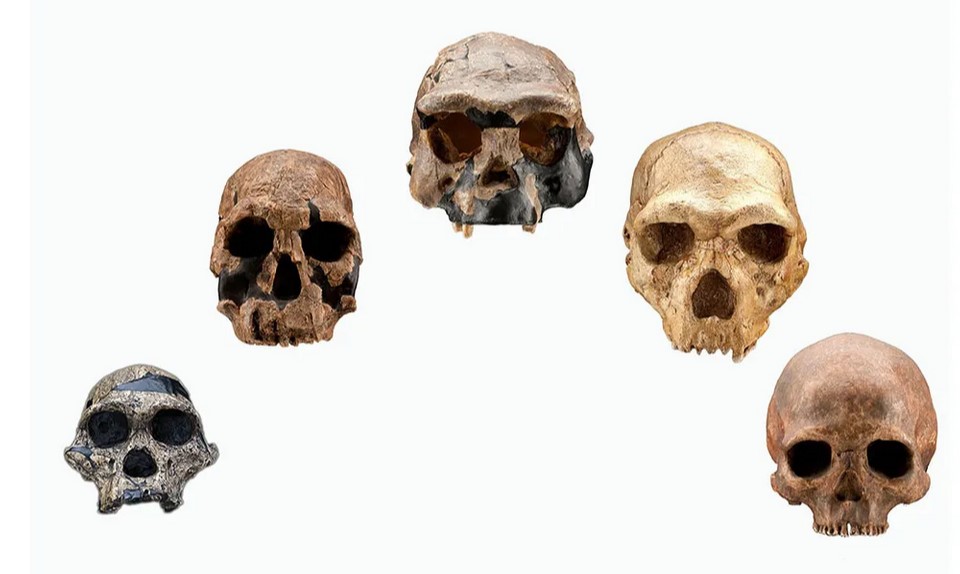Afraid so. It is true that evolution is the dynamic element in all the universe – including galaxies, solar systems, life of every kind and certainly every conceivable element of existence – including the planet Earth itself – is subject to change over time. So, too, fantasy and whimsy move on as reality paves a new future.
What was important about Chicken Little’s presence was his belief that it was possible for things to behave as expected – it was just a matter of adjusting a bit to keep reality chugging along. Like the Chicken Little of children’s storybook fame, he often overreacted to what others felt was not so important as to warrant hysterical behavior.
The belief in adjusting has faded as all the world’s activity is in disarray. Human history has become a demolition derby where every conceivable idea is an effort to dismantle rational, logical behavior. Mariner, like Chicken Little, is acutely aware of the abrasion of industrial development against the evolutionary limitations not only of Homo sapiens but all of the planet’s life forms. Homo’s dangerous ability to imagine things that do not exist has been the fire that has set off an Armageddon. For casual readers who may not be familiar, mariner’s examples are any industrial development requiring chemical, environmental or any other destruction of the biosphere. For example, internal combustion engines, killing millions of species for greedy reasons, leveling quantum amounts of forest for commercial purposes, forcing every biological behavior of every species to compensate or die, etc. The result today is, of course, a destabilized, biospheric condition humans call ‘global warming’ which is most commonly observed as changes in the climate.
So mariner is interviewing several applicants to replace Chicken Little. An applicant that has caught mariner’s eye is the squirrel – especially urban squirrels. Squirrels already know that Homo sappians is a destructive creature, said and done. What concerns mariner is that the squirrel already has a bit of skepticism about it’s obsessive neighbors; Amos, another alter ego, already has more than enough skepticism.
Perhaps this is all a sign that mariner is growing old. He’s old enough to be receiving social security but young enough to see it disappear. His brain has been throwing out to trash memories that aren’t relevant anymore. Sadly, he cannot forget Lawrence Welk or Hyacinth Bucket on the British series, Keeping Up Appearances.
Suggestions for a new icon to replace Chicken Little are welcome – an icon that has come to accept Homo sappians as the failure it is but with an innocence that there is a looming Armageddon.
Ancient Mariner



